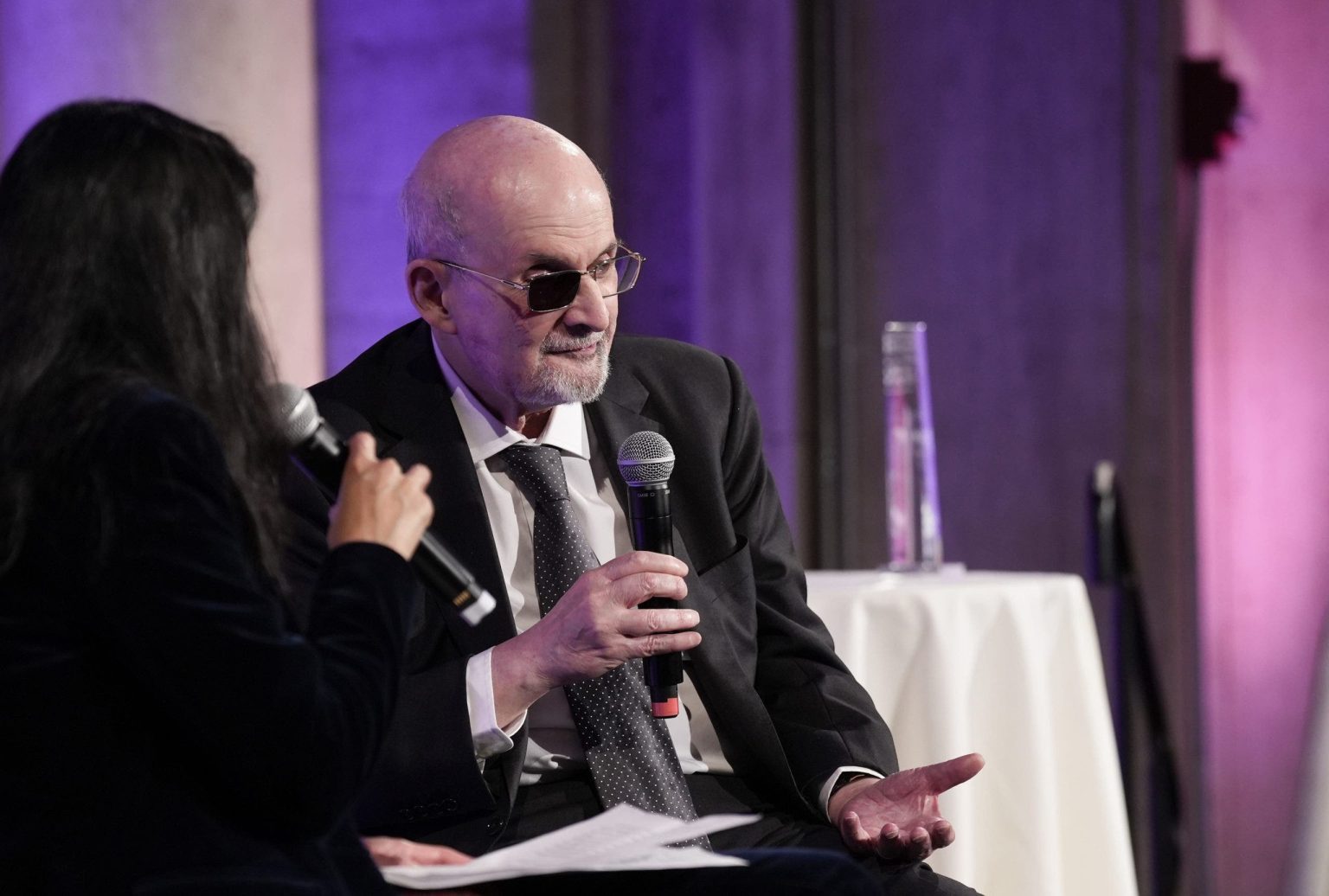Award-winning novelist Sir Salman Rushdie recently opened up about the attack that nearly took his life in 2022, describing his survival as a “miracle.” Rushdie, 76, was stabbed on stage at the Chautauqua Institution before a lecture. The attacker, Hadi Matar, had his trial postponed until after the release of Rushdie’s new memoir, “Knife,” which recounts the incident where Rushdie suffered severe injuries including damage to his liver and nerves, ultimately losing function in one eye. Despite his skepticism towards the supernatural, Rushdie cannot explain how he survived the attack.
The attack on Rushdie stemmed from his controversial novel, “The Satanic Verses,” which led to global protests and the issuance of a fatwa by Iran’s Ayatollah Ruhollah Khamenei calling for Rushdie’s death. Although diplomatic negotiations later declared the affair resolved and Iran stated that they would not encourage any further threats, Iranian clerics and religious groups continued to incite violence against Rushdie, with a substantial bounty on his head. Rushdie admitted that he had not read much of his own book, but Matar attacked him because he believed Rushdie had offended Islam.
During the 27-second attack, Rushdie described feeling an intense connection between life and death. He recalled seeing the assailant in black charging towards him with a mask, likening the experience to a figure from the past attempting to drag him back in time to kill him. It was the quick actions of audience members, who intervened and helped stop the attack, that saved Rushdie’s life. Initially hesitant to write about the incident, Rushdie eventually realized that writing about it was the only way he could process and cope with the traumatic event.
Rushdie’s new memoir, “Knife,” delves into his experience of the attack and its aftermath, shedding light on the impact it has had on his life. He expressed how writing has been a tool to make sense of the world and that, despite the ordeal, he continues to rely on language as his primary weapon. The attack has left a shadow looming over Rushdie, impacting his perception of death and serving as a reminder of the fragility of life. He reflected on the presence of the shadow, noting that it fluctuates in intensity from day to day.
In the aftermath of the attack, Rushdie has grappled with the trauma and questions surrounding his survival. He contemplated the mysterious circumstances that led to his escape and struggled to find a rational explanation for what occurred. Despite the physical and emotional scars left by the attack, Rushdie remains resilient and determined to navigate the challenges brought on by this life-altering event. Rushdie’s courage and resilience in the face of adversity serve as a testament to his unwavering spirit and determination to overcome the obstacles that have been placed in his path.













